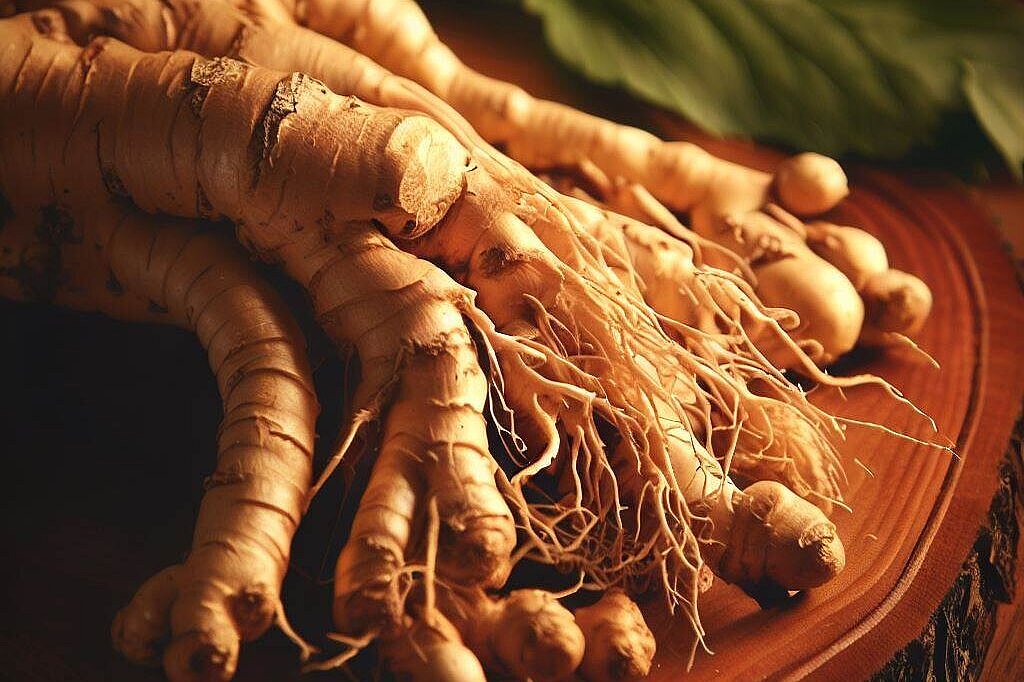Guaran

What is guarana?
Guaran is an extract from the seeds of the guaraná plant (Paullinia cupana), which is mainly found in the Amazon region. This extract is rich in guaranine, an active ingredient that is structurally similar to caffeine and is known for its stimulating properties. Guaran is often used in energy drinks, supplements and even some diet products due to its stimulating effect.
Benefits of guaran for dogs
The discussion about the use of guaran in the diet of dogs is largely theoretical, as the specific effects have yet to be fully researched. However, based on the effects in humans, potential benefits could include
Increased energy and alertness
- Increased alertness: Guaran could theoretically increase alertness and attention in dogs, similar to humans.
- Energy boost: For working dogs or dogs participating in sports and agility, guaran could potentially provide a short-term energy boost.
Metabolic support
- Metabolic effects: Guaran could play a role in metabolic support, which could be of particular interest to dogs that are overweight.
Possible disadvantages and risks
Despite potential benefits, the use of guaran in the diet of dogs carries significant risks and potential disadvantages that need to be taken seriously.
Health risks from stimulants
- Cardiovascular risks: Guaranine, which is found in guarana, can lead to increased blood pressure and heart rate in dogs, which can be particularly problematic in older dogs or dogs with heart disease.
- Nervousness and restlessness: The stimulating effect of guaranine can lead to nervousness, restlessness or even aggressive behavior in some dogs.
Risk of overdose
- Toxic effects: An overdose of guaran can lead to symptoms of intoxication, including vomiting, diarrhea and, in severe cases, seizures or cardiac arrhythmias.
Long-term effects
- Dependence and withdrawal symptoms: As with any stimulant, there is a risk of dependence as well as possible withdrawal symptoms if intake is suddenly stopped.
- Unknown long-term effects: The long-term effects of regular ingestion of guaran in dogs are unknown and could involve unwanted health problems.
Better safe than sorry
While the idea of giving our dogs an energy and vitality boost through guarana may be tempting, the potential risks and unknown long-term effects clearly outweigh the possible benefits. The health and safety of our dogs should always come first. Before considering introducing guaran or other stimulants into your dog's diet, it is essential to discuss this with a vet. A balanced diet, regular exercise and loving care are the best ways to boost your dog's energy and well-being without having to resort to potentially dangerous substances.
If you notice any signs of hypersensitivity or poisoning in your dog, you should see your vet immediately. We are not a substitute for a vet, but we try to be as accurate as possible. Every dog reacts differently and we recommend you get a second opinion or consult your vet if in doubt.
Stay healthy and take good care of your four-legged friend!😊
Similar to Guaran
Caffeine is a so-called methylxanthine, which is found in various plants such as coffee beans, tea leaves or cocoa beans. It has a stimulating effect on people and can banish tiredness, increase...
Taurine is an amino acid that the body can produce from other amino acids. Taurine is involved in many processes in the body, such as the formation of bile acids, regulating the heartbeat,...
Ginseng belongs to the Araliaceae family and grows mainly in China, Korea and Japan. The plant has green leaves and red berries, but the most important thing is its fleshy root. This has the shape...
Rhodiola Rosea is a plant native to the cold regions of Europe and Asia. It has been used for centuries in traditional medicine to combat stress, increase stamina and improve overall vitality....



